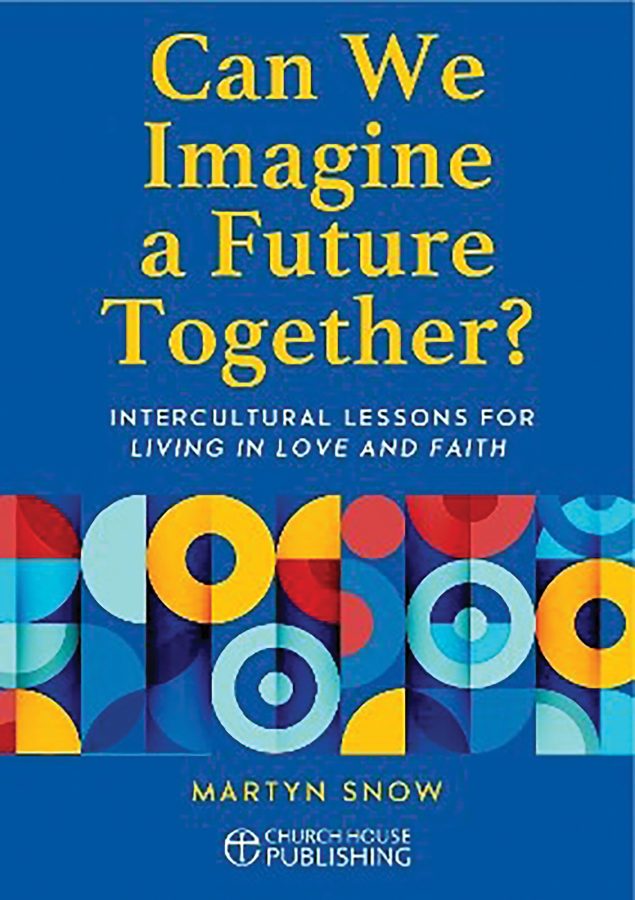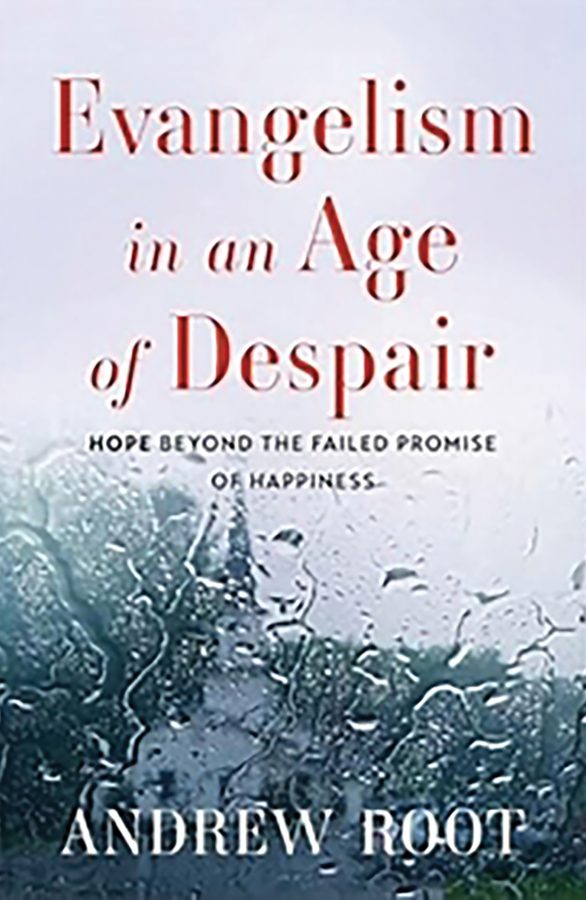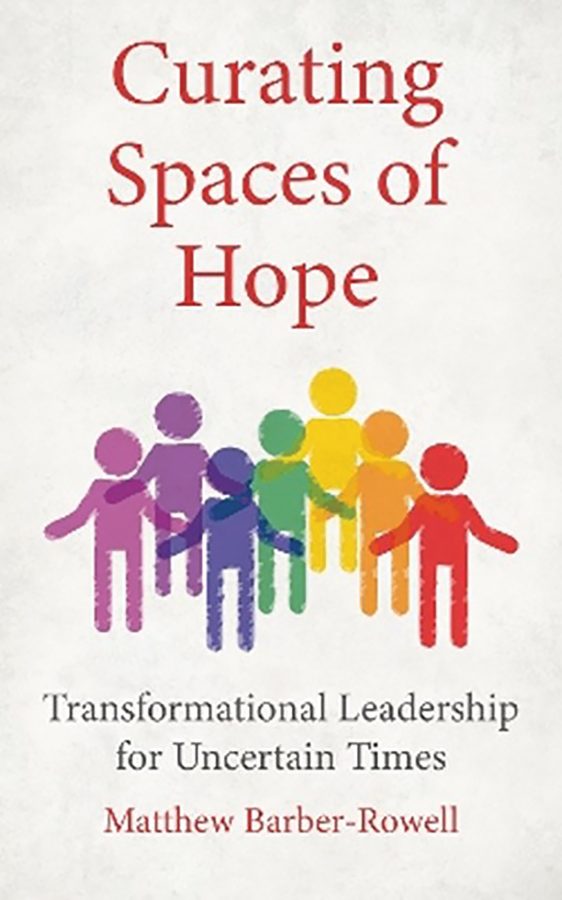The Exiled Church
 The Exiled Church
The Exiled Church
Author Martyn Percy
Publisher Canterbury £18.99
Format pbk
ISBN 9781786226273
There may be a collective noun for those of us who collect nativity sets. I suspect there are quite a few of us. But the individual noun for Richard Littledale, whose collection you will find in this book, is inspiration. The author has chosen 25 of his sets, enabling us to spend Advent engaging afresh with the birth of Jesus. He describes each pictured set, reflects on it, and links it with a reading and a prayer. We have 25 new ways of entering familiar territory; and the author didn’t use all his sets! What a variety! There is a nativity set to hang on a Christmas tree: do you mix the sacred and the secular? There is a set made from pencil rubbers: telling of Jesus who came to erase the world’s mistakes. There are sets from many cultures, all in rich diversity answering Jesus’ question ‘Who do you say that I am?’ And there is the budgerigar in a Peruvian set, as welcome in the stable as are absolutely all of us. Even though books are primarily verbal, this book encourages us to go beyond words: to look and to play as we enter the story with wonder and worship. So, definitely buy the book, but also make or buy a nativity set for yourself that you can handle as you re-enter Bethlehem this year.
Reviewed by MALCOLM DAWSON
Christianity and secular culture

 Kingdom Buildings
Kingdom Buildings Can We Imagine a Future Together?
Can We Imagine a Future Together? Patriot
Patriot Evangelism in an Age of Despair
Evangelism in an Age of Despair Curating Spaces of Hope
Curating Spaces of Hope
Recent Comments